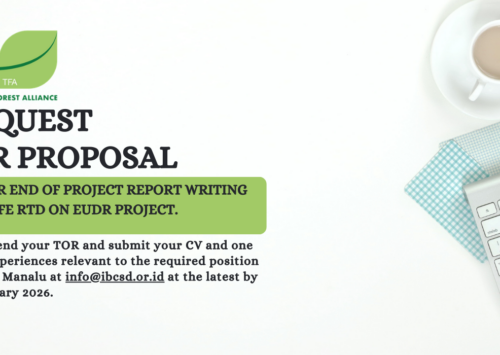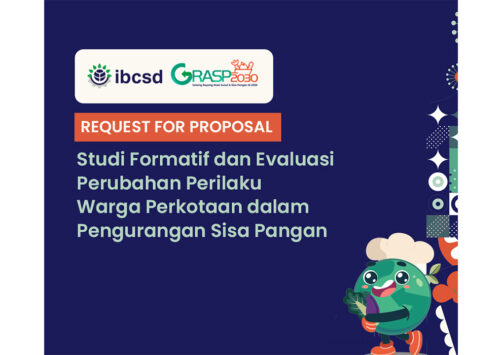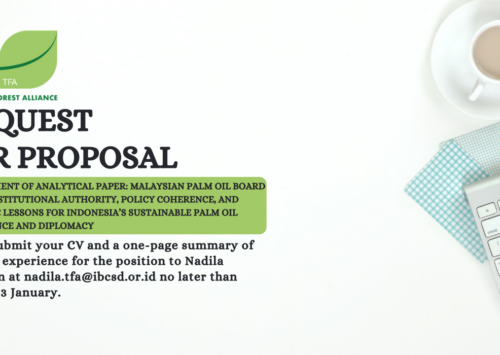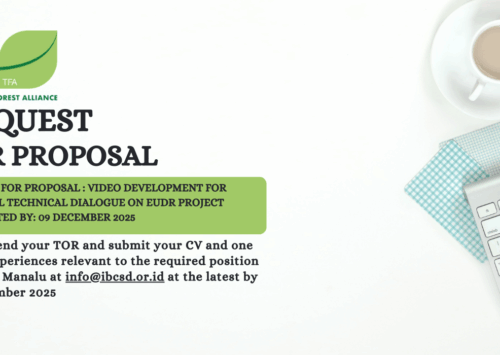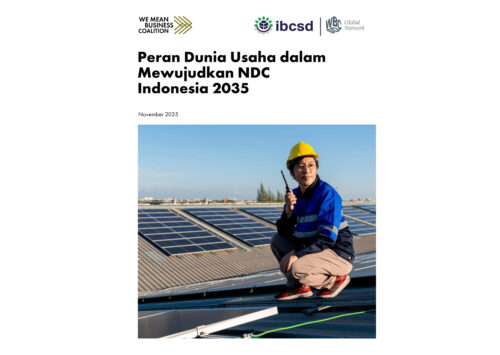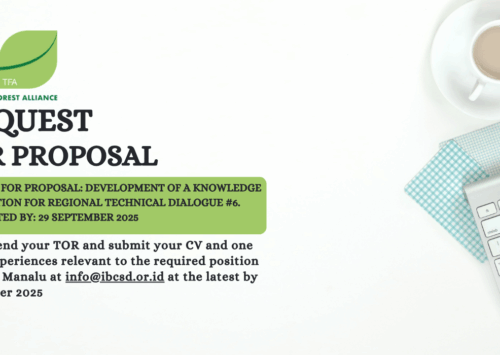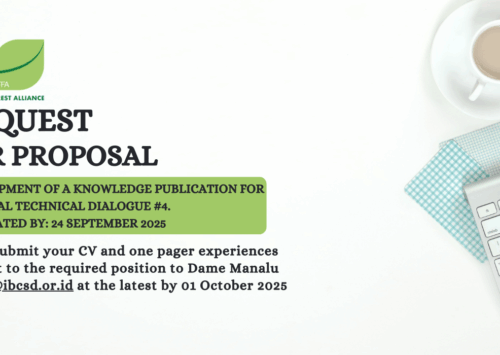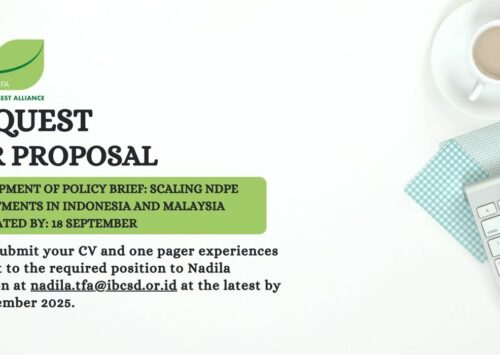Spatial Plan (RTRW) is a policy and strategy direction on spatial use from national, island and regional levels, as a reference for long-term development planning. Spatial planning is a manifestation of spatial patterns and spatial structures composed of national, regional and local levels. At the national level, it is called the National Spatial Plan (RTRWN), which is then spelled out into the Island Spatial Plan (RTRP), then further elaborated as the Regional Spatial Plan (RTRW). RTRW covers Provincial level (RTRWP) and District/City (RTRWK). Space includes land space, sea space, and air space, including space in the earth, as a unity of territory, where humans and other living beings maintain their survival.
Spatial plan is essentially a legal certainty for various parties involved in social and economic development in the region. The process of spatial planning in the regions, both at the provincial and district/city levels, is, however, not a series of work in the vacuum. There are many factors that affect the process of spatial planning, but also many things that are influenced by the process of spatial planning. When spatial planning is underway, there are already many existing land uses that should be accommodated into the spatial planning process. However, the step of accommodating existing land use does not happen because the spatial plan is top-down, where directives for policy and strategies at the national level should be referred by processes at the island, provincial to district/city levels. This inconsistency is the root of all the complexities and issues due to spatial planning, which is alleged to influence the occurrence of land conflicts in the region.
Scope and Objectives
Meet CRU needs to better understand the linkages between the RTRW and the occurrence of land conflicts, in order to optimize its services as a learning hub in conflict prevention and management. Specifically, CRU needs to gain knowledges in terms of,
- Laws, regulations and policies that CRU will refer, with respect to spatial planning in areas that are prone to land disputes and conflicts;
- Early assessment instruments that CRU will use to understand the dynamics of spatial planning and land use in the areas where the conflict occurred;
- Technical references to help CRU prepares the baseline of a region, which will be used to build a shared understanding between the conflicting parties.
The key outputs to be delivered are the following:
- A work plan, a research methodology, and scoping report; and
- Assessment report or final report (incl. recommendations).
Requirement
- A post-graduate degree in policy, law, socio-economics, natural resource management or another related discipline;
- Demonstrated experience (minimum 5 years) conducting relevant applied research in the fields of natural resource management, environmental politics, conflict resolution, or related fields;
- Thorough understanding of policy and regulations with regards to spatial planning and NRM;
- Excellent writing skills, as demonstrated through peer-reviewed journal articles, professional reports, or related publications;
- Excellent spoken and written skills in Bahasa Indonesia and English;
The deadline for submission of the application is 31 August 2017.
The application should contain:
- Research proposal explaining the methodology that will be used, a timeline and a budget for the research activity.
- Updated CV to include qualifications/competencies and relevant past experience in similar projects.
- Individual consultants will be evaluated based on a combination of a desk review of the CV, and the offer that provides the best value for money. The Evaluation Panel may decide to call for an interview (face to face or telephone).
- Candidates will be notified by the Evaluation Panel by early September 2017.
